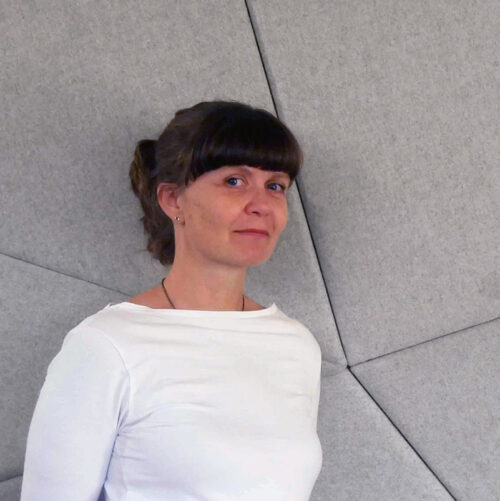
Sóley Tómasdóttir
@soleytomasar
images:
Eva Sigurðardóttir
@evasigurdar
@evasig__
evasigurdar.com
translation:
Amanda Líf Fritzdóttir
The Equality Industry
Equality industry is one of many invectives I remember when I think back to my first steps as a public activist. This was just after the millennium when the Feminist Association of Iceland had recently been formed. Hundreds of women from different directions had then come together, tired and discouraged from the silence which had hidden stifling injustices, right around when Kvennalistinn (a political party focused on women’s rights and appointed by women) was brought to an end.
The Feminist Association unleashed a great power. Women found shelter, support, and empowerment. The association applied their forces with varied methods in many different areas. I started taking space for myself in this melting pot, for example with a blog that woke varied degrees of popularity. That was when I became familiar with the concept.
The equality industry was not directly defined anywhere but the concept appeared in diverse contexts. There was a definite fear of public intervention and overwhelming obligations on companies and individuals. Gender studies at a university level were loudly labeled a gossip club nook of the equality industry. It was considered inappropriate to expect that a policy formulation would be enforced and people’s safety to be secured, for example with equality committees and equality representatives. Surveillance of measure taken was thought to be risky, that is, the publication of gender specific statistical information. It was deemed absolutely unacceptable to extend the issue further by hiring people specialized in the topic.
New Receiving Conditions
Today, 20 years later, gender specific statistics are constitutional, as is an equal gender ratio in business managements. Equal pay certification is mandatory and tactical plans against bullying, harassment, and violence are thought natural. Equality committees and/or equality representatives have been appointed in most workplaces. Secondary schools offer courses in gender studies, the subject is flourishing at a university level and the gossip club comments have been removed from the internet.
Today, 20 years later, I do not see myself as the same personification of opposition as I was considered back then. I am no longer the blogger who uncomfortably pointed out issues that people didn’t want to acknowledge. I am no longer the politician who interrupted discussions about economic assumptions and infrastructure possibilities with a feminist focus point.
On the contrary am I specialist who feels a growing number of calls for expertise in the field of gender and diversity studies. I meet the needs of my clients with teaching, analysis, and proposals of compensations to everything related to equality and diversity in workplaces. I’m still saying exactly the same things I was saying 20 years ago, but the conditions for reception have changed.
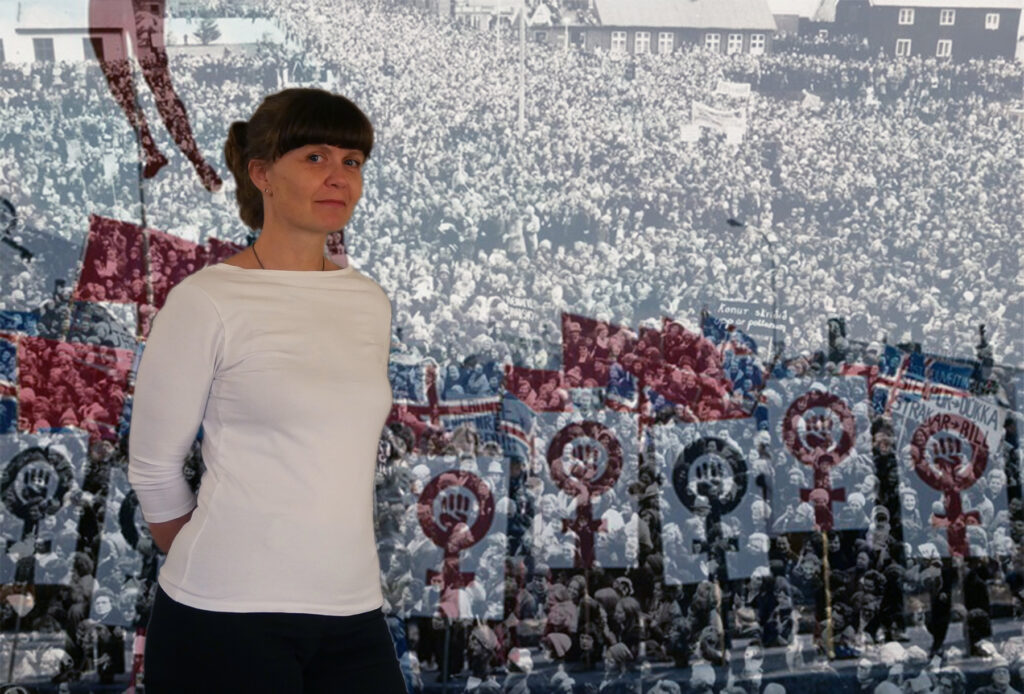
History of Female Classes
The history of the equality industry is not very different from the history of other female classes. The history of cleaning, upbringing, care, and nursing is a history of work that was for a long time mostly unpaid. Work that was not deemed to require any knowledge or skills, but just some sort of natural instinct regarding hygiene, care, and selflessness.
Work that was supposed to be done silently and when no one could see it, preferably within the walls of homes. It was not supposed to disturb working men and it was absolutely not supposed to cost money.
Then that changed. Not on its own, but because of women’s powerful battle. Because of the power of women’s organizations, Red Sock movements and worker women who organized the women’s day off in 1975 and have, since then, worked hard to strengthen the road and respect towards women’s jobs in the society. It is surely not over, but women have also not given up. The labor movement, with strong women leading the course, will keep demanding fair value assessment. We know the society cannot function without cleaners, upbringing and care classes, nurses, and other women’s classes.
The receiving conditions for equality teaching, analysis, and proposals of compensations to everything related to equality and diversity in workplaces didn’t change on their own either. They were changed due to the power of cooperation that was formed at the turn of the century, The Feminist Association of Iceland and all the women who represented the diverse actions that promoted raised awareness. That work is also not over, but the change is tangible.

Innovation?
Maybe the term innovation is just not descriptive enough for the changes that have been taking place in workplaces. Or rather; maybe the term is not descriptive enough for what is generally thought expedient and desirable in a work environment. That we create something new. That we add something.
Technical progress, environmental solutions, and varied things that make life more comfortable and fun is certainly exciting. But hygiene, welfare, and people’s education are the pretense for that progress, a pretense which was taken for granted for way too long. There are more important factors, for example sympathy, safety, openness, freedom, and equality. Then it is good that workplaces no longer rely on unpaid actions from non-governmental organizations and activists but are willing to hire specialists in the field of equality and diversity issues.
I am not doing anything new. I am saying the same things that women have been saying for ages. Just as cleaning, upbringing, care, and nursing have been practiced for ages. It is the value, the value assessment, and the receiving conditions that have changed and that is why the equality industry is here to stay.
Innovation is not necessarily all about discovering something new. It is largely about redefining the economy. To create space for that which has always existed. To redefine the importance and change the value assessment. That innovation is not done by some marvelous geniuses who invent new gadgets. It was done by all the women through the years who have had the courage and the strength to demand change. It is because of them that I am able to call myself a gender and diversity specialist. It is because of them that businesses pay me today for the opposition the society didn’t want 20 years ago.
Thank you, girls. It is thanks to you that I have the most fun job in the world. And I promise to do everything I can to promote a continues redefinition and a changed value assessment so more people can enjoy it.
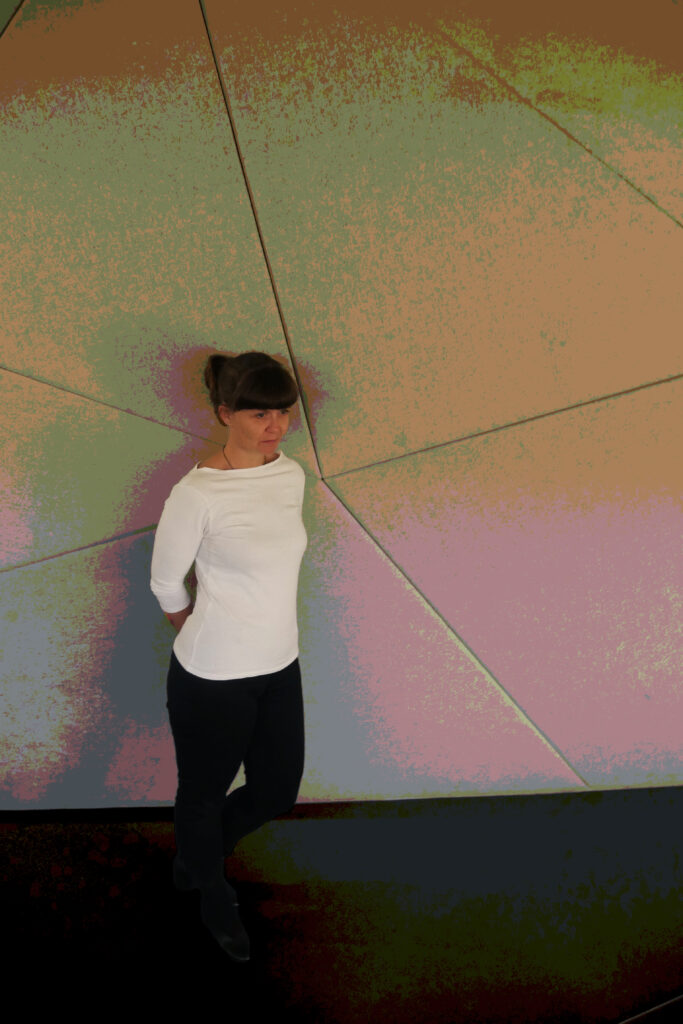
Birtingarmyndir: Mörk
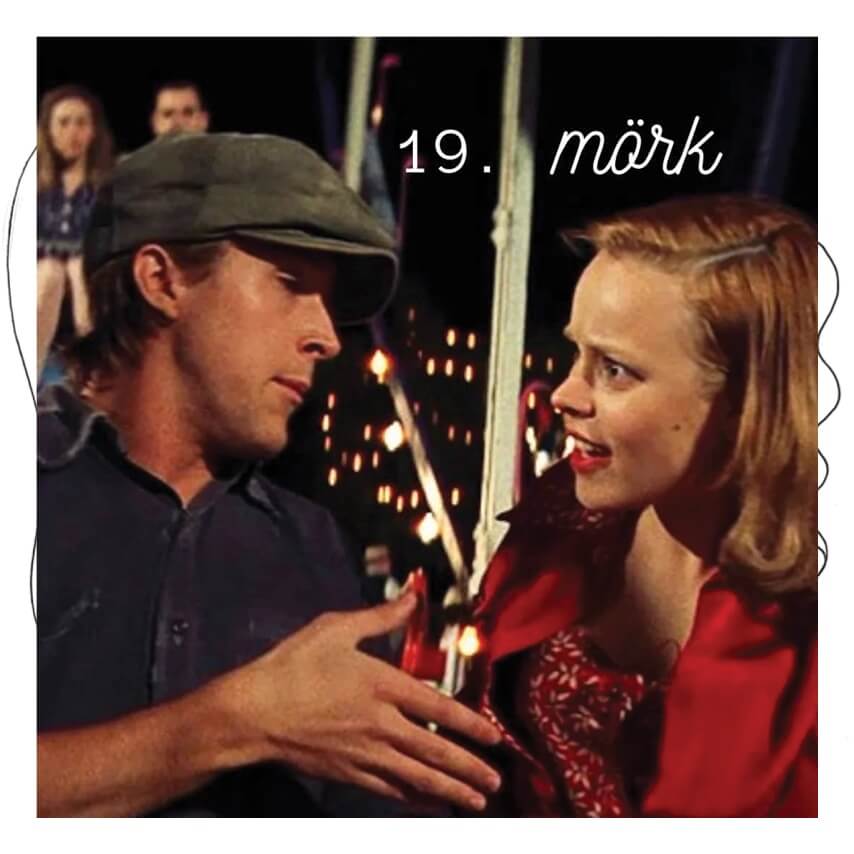

My Right to Exist
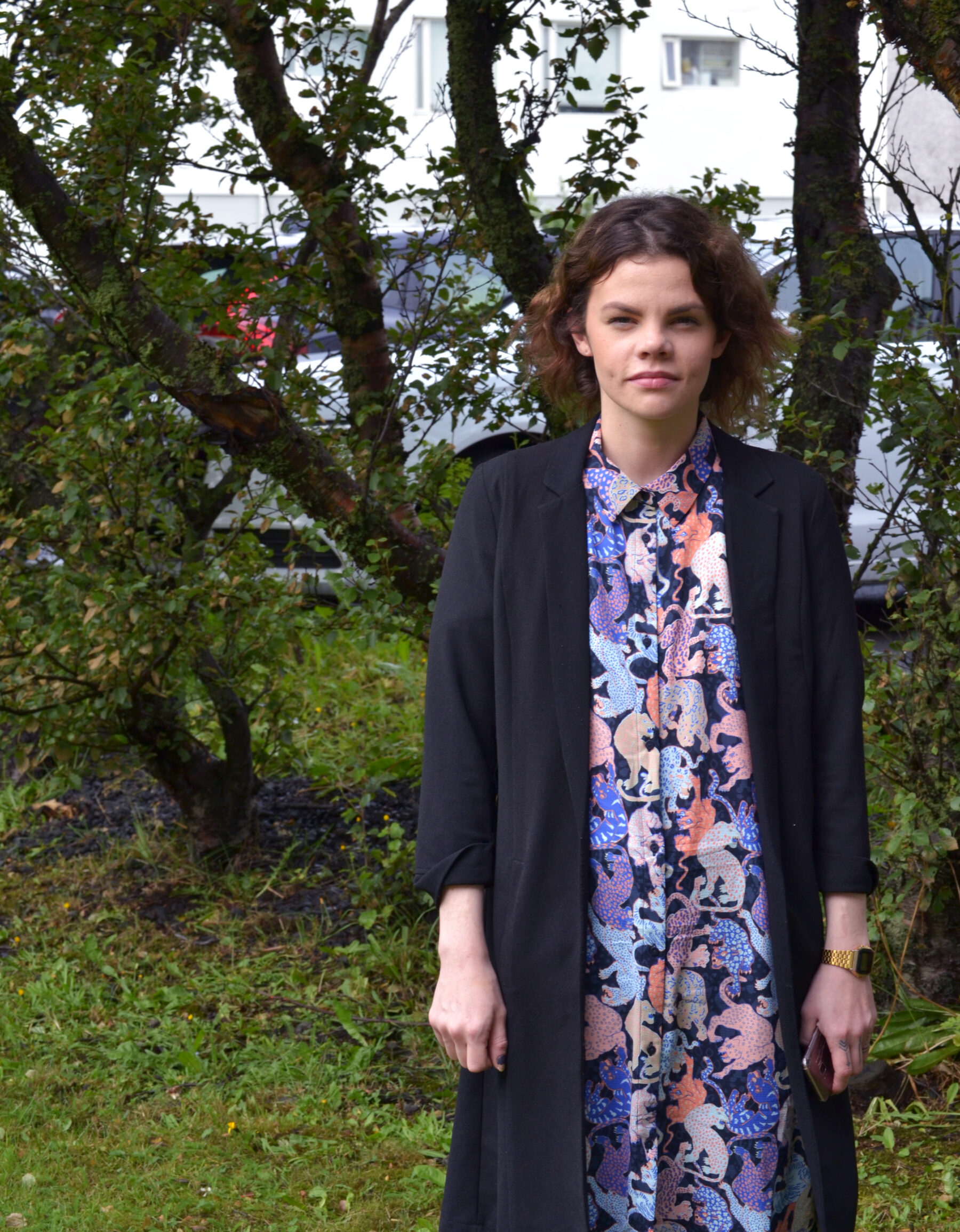

Low-wage jobs: Rub, scrub and toil
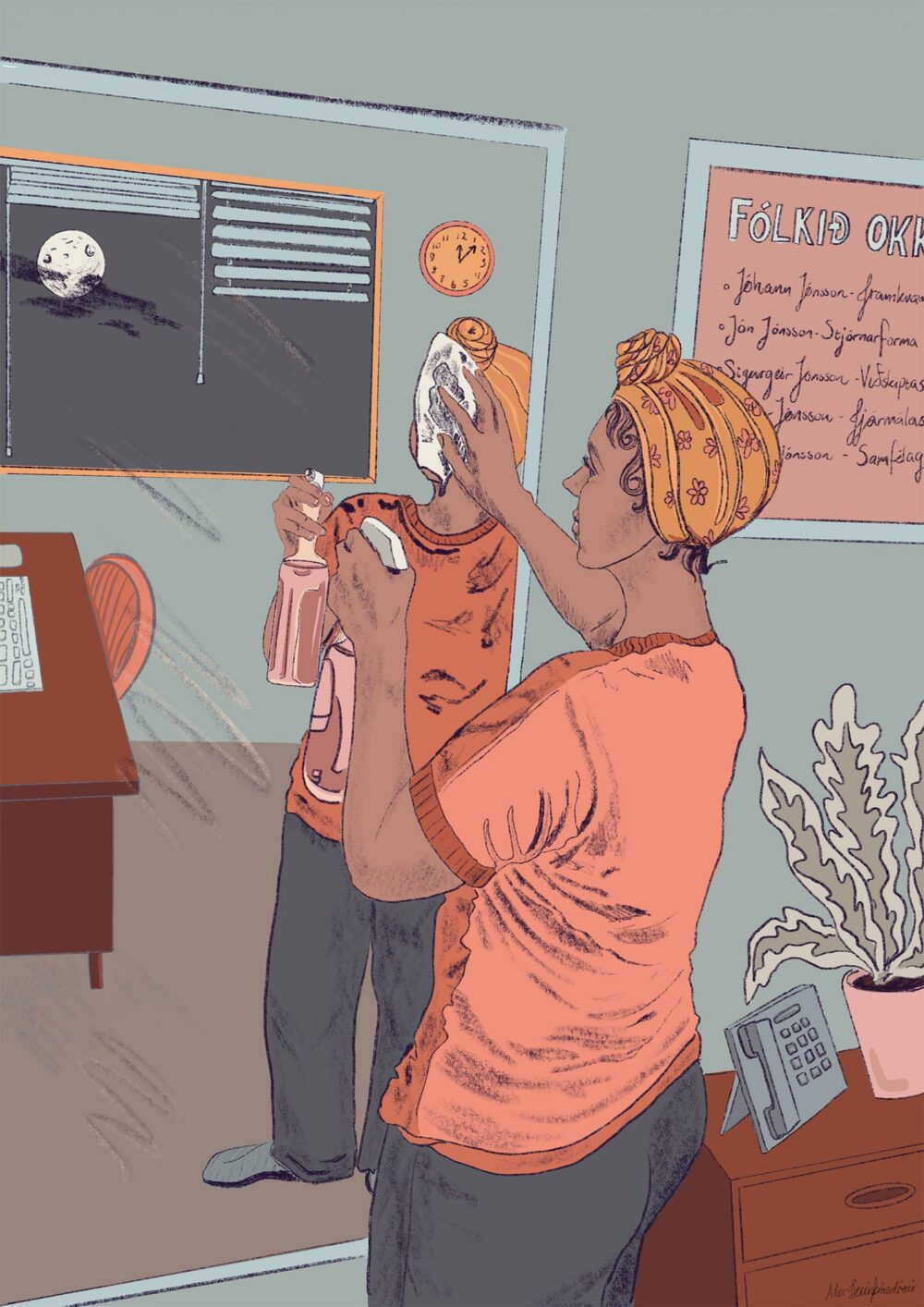
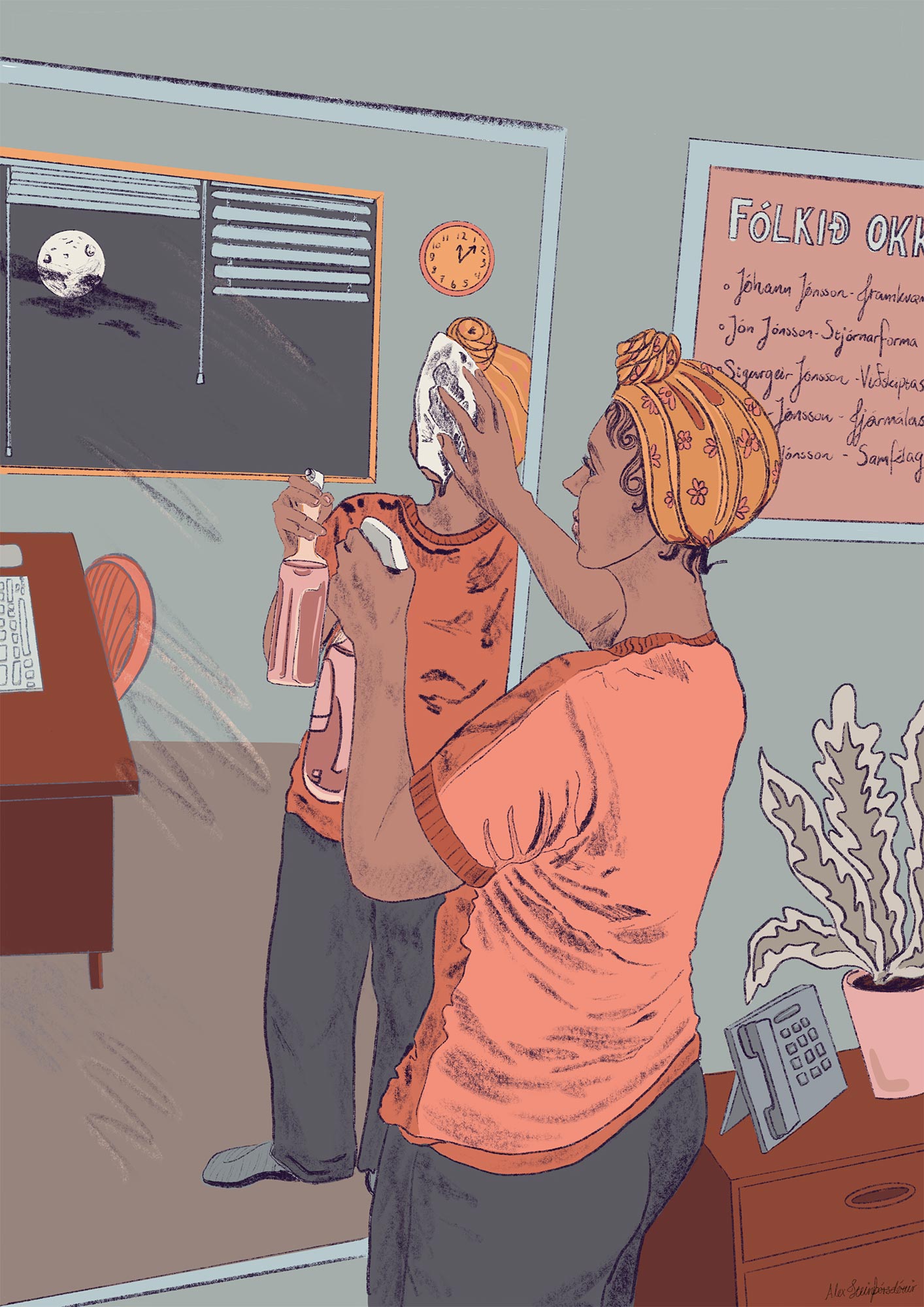
Accessibility and Value Creation for Society - TravAble


Read more about...